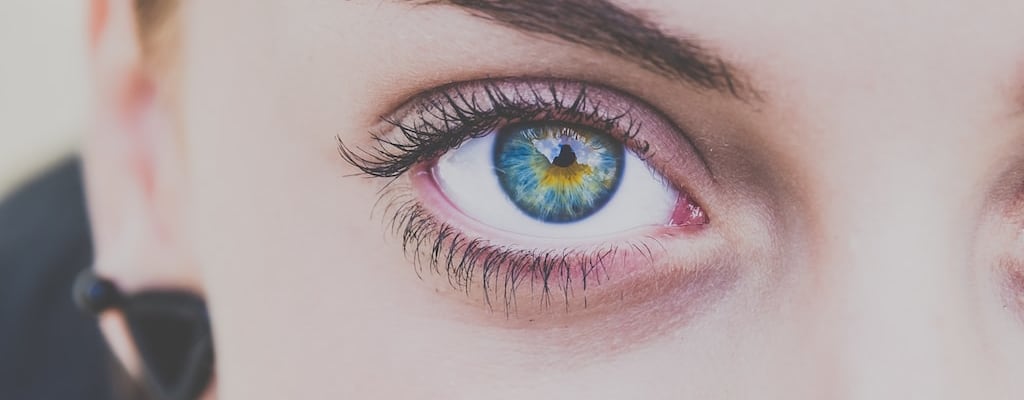roll one’s eyes: Idiom Meaning and Origin
What does ‘roll one's eyes’ mean?
The idiom "roll one's eyes" refers to the action of moving one's eyes upward or to the side in a way that shows annoyance, disbelief, or disapproval towards something or someone.

Idiom Explorer
The idiom "see yellow" means to become angry or irritable, often due to a frustrating or annoying situation.
The idiom "scratch one's head" means to be confused or perplexed about something, often trying to find a solution or understanding. It implies a gesture of scratching one's head as a sign of puzzlement or deep thought.
The idiom "roll up one's sleeves" means to prepare for hard work or to get ready to tackle a difficult task.
The idiom "roll the dice" means to take a risk or make a decision without knowing the outcome or consequences.
The idiom "roll of the dice" means taking a chance or accepting a situation where the outcome is uncertain and unpredictable.
The idiom "roll in the aisles" means to laugh uproariously or uncontrollably, often to the point of physical movement or falling on the floor.
The idiom "raise eyebrows" means to cause surprise, curiosity, or disapproval. It suggests that something is unexpected or unusual, often leading others to question or doubt the situation or action.
The idiom "pull the wool over someone's eyes" means to deceive or trick someone, usually by intentionally hiding the truth or misleading them in some way.
The idiom "pull faces" means making funny or distorted facial expressions to show amusement, disbelief, or contempt.
Unspoken Gestures: Eye-Rolling Defined
The idiom "look down one's nose" is closely related to the gesture of rolling one's eyes. It refers to a facial expression or body language that conveys a sense of superiority or haughtiness. When someone looks down their nose, they tilt their head slightly upwards and peer down at something or someone with a disdainful or snobbish attitude.
This idiom is often used in situations where someone is being judgmental or showing a lack of respect towards others. It can be seen as a more overt way of expressing disapproval or superiority compared to the subtle eye-roll gesture.
Using the idiom "my eye" is another way to express disbelief or doubt in a sarcastic or mocking manner. It can be used when someone finds a statement or situation absurd or unbelievable. The phrase "my eye" is a short and informal way of saying "I don't believe that for a second" or "You've got to be kidding me."
When someone raises their eyebrows, it is often in response to something surprising, shocking, or unexpected. The raising of the eyebrows is a nonverbal signal that indicates intrigue, surprise, or disbelief. It is a subtle gesture that can convey a range of emotions, depending on the context in which it is used.
The idioms "look down one's nose," "my eye," and "raise eyebrows" are all related to the gesture of rolling one's eyes. They are expressions and body language cues that serve as alternative ways of conveying disbelief, disapproval, or surprise.
The idiom "roll one's eyes" is a widely recognized and understood expression in the English language. It represents a nonverbal gesture of disdain or disapproval, commonly associated with rotating one's eyes upwards or sideways. This idiom is universally recognized and can be seen in various contexts as a means of expressing frustration or disbelief. Its origin can be traced back to the physical action of eye-rolling, which has evolved to symbolize contempt or disregard towards a statement, action, or situation. Despite its simplicity, the idiom encapsulates a range of emotions and conveys a nuanced message without the need for explicit words.
Example usage
Examples of how the idiom *roll one's eyes* can be used in a sentence:
- She rolled her eyes in annoyance when her brother teased her.
- The teacher rolled his eyes at the student's excuse for not completing the homework.
- He rolled his eyes in disbelief at the absurd suggestion.
The idiom *roll one's eyes* conveys the action of rolling one's eyes upward or to the side in a dismissive or exasperated manner. It is typically used to express frustration, annoyance, disbelief, or in response to something that is perceived as ridiculous or absurd.
More "Expression" idioms



